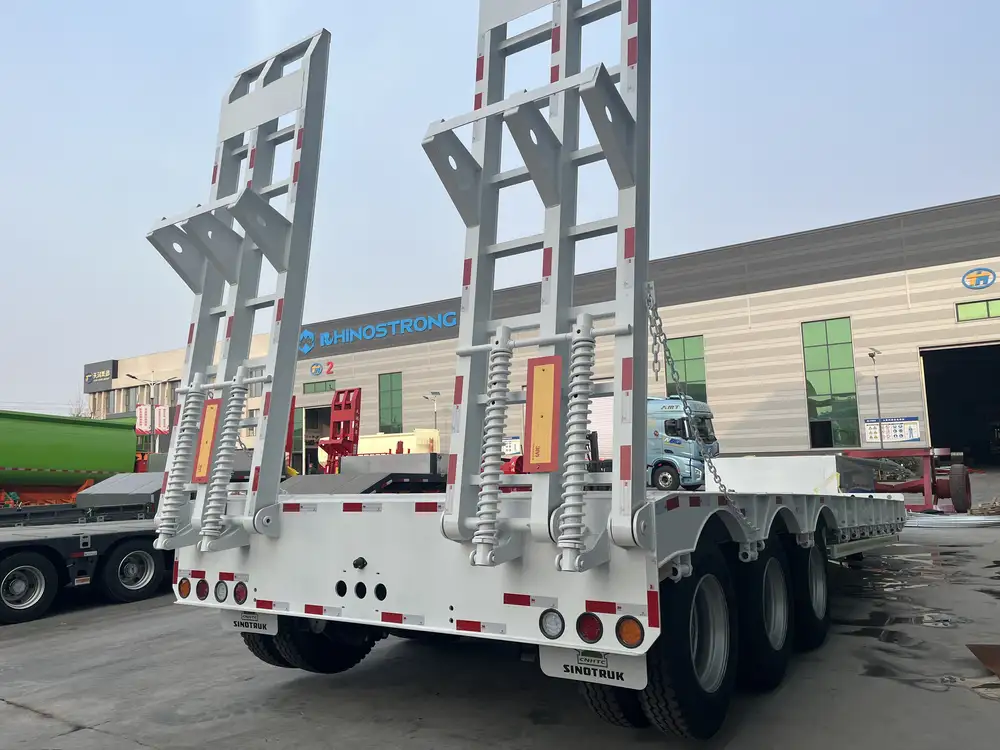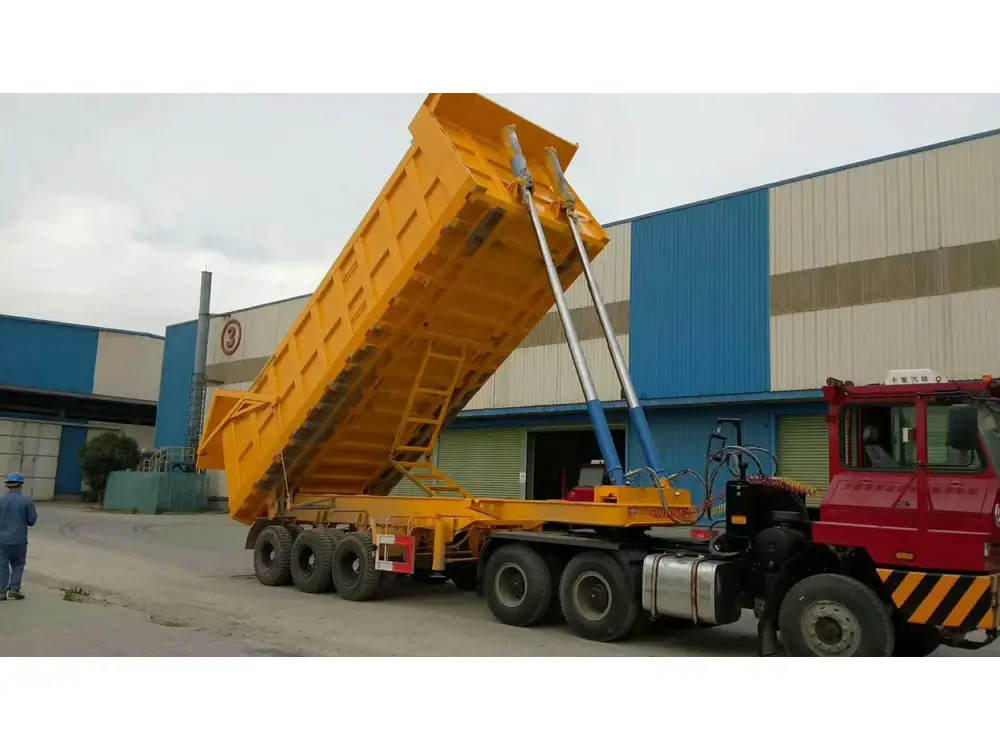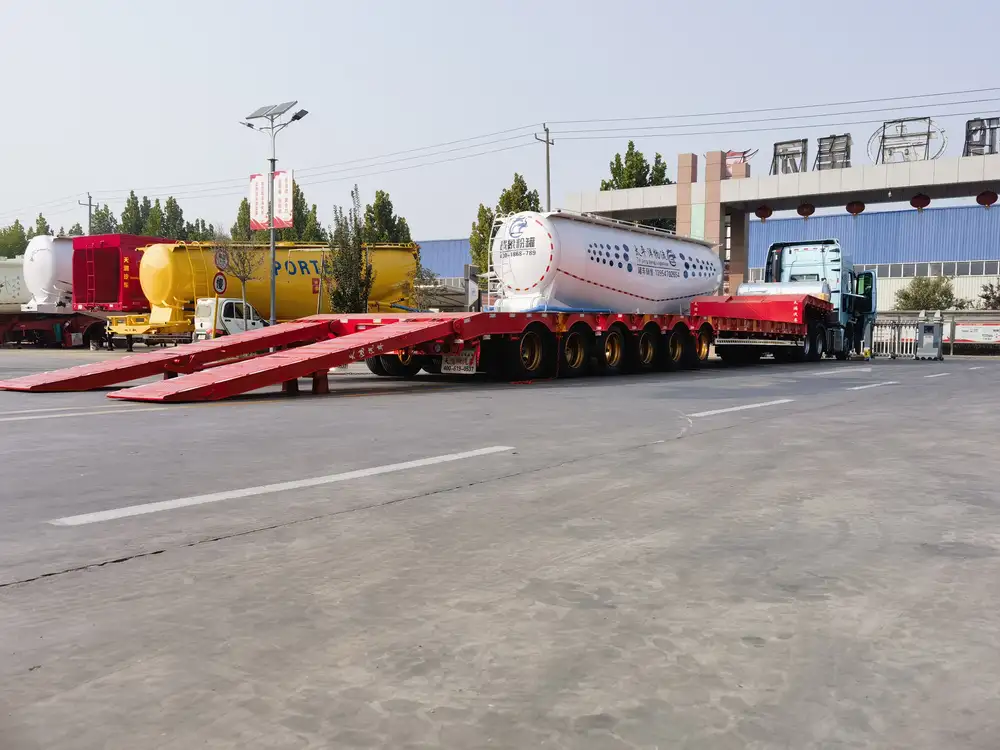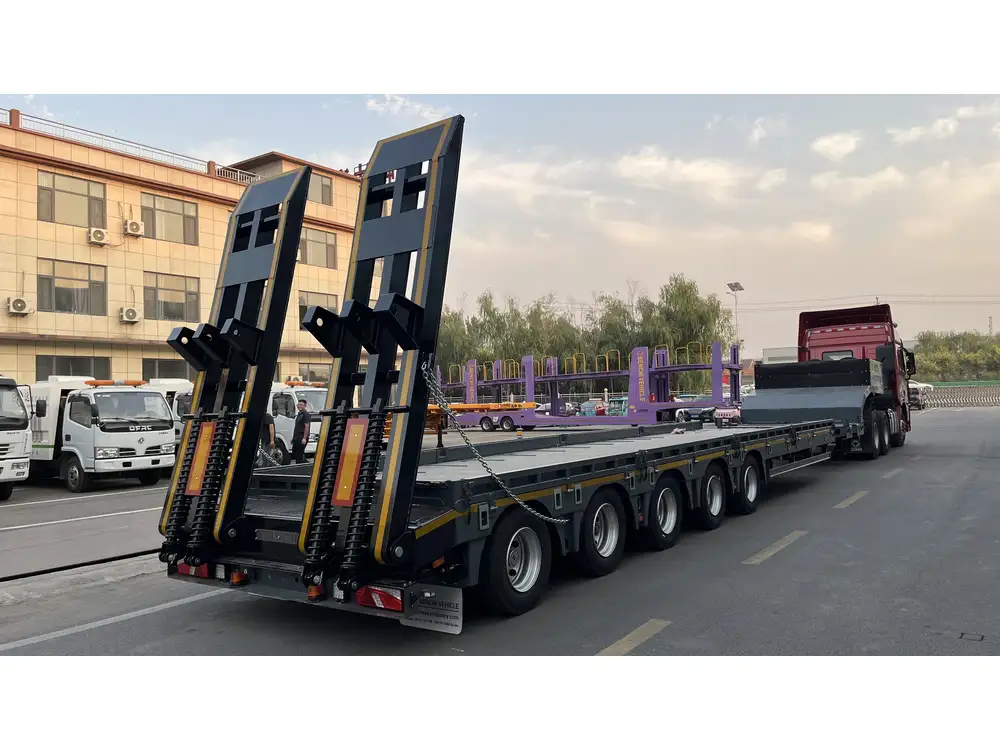Maintaining and repairing your Metro dump trailer, especially the manual jack, is crucial for ensuring optimum functionality and safety. An outdated or malfunctioning jack not only complicates transporting materials but can also pose significant risks during loading and unloading. This article will delve deep into the intricacies of diagnosing and fixing manual jacks on old Metro dump trailers, providing practical solutions along the way.
Understanding the Functionality of Manual Jacks
What is a Manual Jack?
A manual jack serves as a crucial component of your dump trailer, designed to assist in raising and lowering the trailer bed. Typically operated via a handle, this device allows users to manually manipulate the trailer’s height for various tasks.

Components of a Manual Jack
Before diving into repairs, it’s beneficial to understand the main components of a manual jack and their functions:
| Component | Function |
|---|---|
| Handle | Used for manual operation |
| Gear Mechanism | Reduces the effort needed to raise/lower the trailer |
| Jack Tube | Houses the lifting mechanism |
| Base | Provides stability and support |
| Locking Mechanism | Secures the trailer in position |
Diagnosing Common Issues with Manual Jacks
Recognizing the symptoms of a malfunction is the first step in addressing the issue. The following list outlines common problems associated with manual jacks on dump trailers:
- Jack Won’t Raise or Lower: This often indicates a jammed gear or a lack of lubrication.
- Unusual Noises During Use: Grinding or squeaking sounds may point to worn-out components or insufficient lubrication.
- Jack Appear Damaged: Cracks, bends, or other visible issues can compromise the integrity of the jack.
- Difficulty in Turning the Handle: This may result from rust, debris build-up, or internal wear.
Step-by-Step Repair Process

Step 1: Gather Tools and Materials
Before undertaking any repair work on your manual jack, ensure you have the following tools and materials ready:
- Wrench set
- Screwdriver set (flathead and Phillips)
- Lubricating oil (preferably a silicone-based lubricant)
- Wire brush or steel wool
- Replacement parts (if necessary)
- Safety gloves and goggles
Step 2: Safety First
Safety should always be your priority. Disconnect the trailer from the tow vehicle and allow it to rest on a stable surface. Engage any safety locks to prevent accidental movement during repairs.
Step 3: Inspect the Jack
Conduct a thorough inspection of the jack. Check for visible damage to the handle, gear mechanism, and base. If you encounter any cracks or severe wear and tear, consider replacing the jack altogether. If the issue appears to be internal, proceed with disassembly.

Step 4: Disassemble the Manual Jack
To access the internal components, follow these steps:
- Remove the Handle: Locate the retaining bolt on the handle and remove it using the right-sized wrench.
- Detach the Jack Tube: Loosen the screws or bolts securing the jack to the trailer for access to its internal gears.
- Carefully Remove the Gears: Take out the gear mechanism and inspect for any signs of damage or wear.
Step 5: Clean and Lubricate Components
A clean jack is a functional jack. Use a wire brush or steel wool to remove rust or debris from the components. After cleaning, apply lubricating oil to the gear mechanism and moving parts to ensure smooth operation.
Step 6: Replace Damaged Parts
If any components are fractured or excessively worn down, it’s imperative to replace them. Many trailer parts suppliers offer compatible replacement parts for Metro dump trailers. Ensure you have the correct specifications before purchasing.

Step 7: Reassemble the Jack
Once everything is cleaned and any worn parts have been replaced, reassemble the manual jack by reversing the disassembly process:
- Insert the gear mechanism back into the jack tube.
- Secure the jack to the trailer using screws or bolts.
- Attach the handle back to the jack.
Step 8: Final Check and Function Test
Before using the jack again, perform a final check to ensure that all components are secure and properly lubricated. Test the jack’s operation by attempting to raise and lower the trailer bed. Listen for unusual sounds and observe the jack’s performance.
Maintenance Tips for Longevity

Regular Lubrication
To ensure smooth operation over the lifespan of your manual jack, regular lubrication is vital. Consider lubricating the gears and moving parts at least twice a year or more frequently if used often.
Regular Inspections
Periodically inspect your manual jack for any signs of wear or damage, especially before heavy-duty use. Early detection of issues can prevent costly repairs down the line.
Cleanliness is Key
Keeping the jack clean is essential in preventing rust and prolonging its life. After every use, wipe down exposed parts to eliminate dirt and grime that can accumulate.

Troubleshooting Further Issues
In case the jack still malfunctions after performing repairs and maintenance, further troubleshooting may be needed. Here’s what to check:
- Check for Bent Parts: If components like the handle or jack tube are bent, straightening might not suffice, and replacement is advised.
- Alignment Issues: Ensure that the jack is properly aligned with the frame of the trailer. Misalignment can cause operational difficulties.
- Dirt or Debris: Examine every crevice for dirt or obstructions that can impair function. A thorough clean might resolve minor issues.
Comparisons: Manual Jack vs. Electric Dump Trailer Jacks
While we’ve focused on manual jacks, it’s worth considering the advantages and disadvantages of manual versus electric options:
| Feature | Manual Jack | Electric Jack |
|---|---|---|
| Operation | Manual effort required | Push-button operation |
| Maintenance | Simpler and straightforward | More complex, requires electrical knowledge |
| Cost | Generally lower | Higher initial investment |
| Speed | Slower operation | Faster lifting/lowering |
| Weight Capacity | Varies widely | Often more powerful options |
When to Upgrade?
If your Metro dump trailer experiences frequent jack issues or if you find manual operation cumbersome, it might be worth considering an upgrade to an electric jack. These models offer convenience and efficiency, although they do come with a higher price tag.

Conclusion
Equipping yourself with the knowledge to repair and maintain your manual jack on an old Metro dump trailer can save time and money while ensuring safe operation. Regular inspections, proactive maintenance, and understanding the repair process will extend the life of your equipment and enhance your overall efficiency. Whether you choose to troubleshoot minor problems or undertake extensive repairs, an understanding of your trailer’s mechanics is invaluable.
It’s not just about fixing a jack; it’s about ensuring your equipment’s dependability and productivity for years to come. By following the outlined steps and tips, we can make informed decisions that keep our operations running smoothly and safely. Remember, safety comes first; never hesitate to consult with a professional if issues persist beyond your reach.



